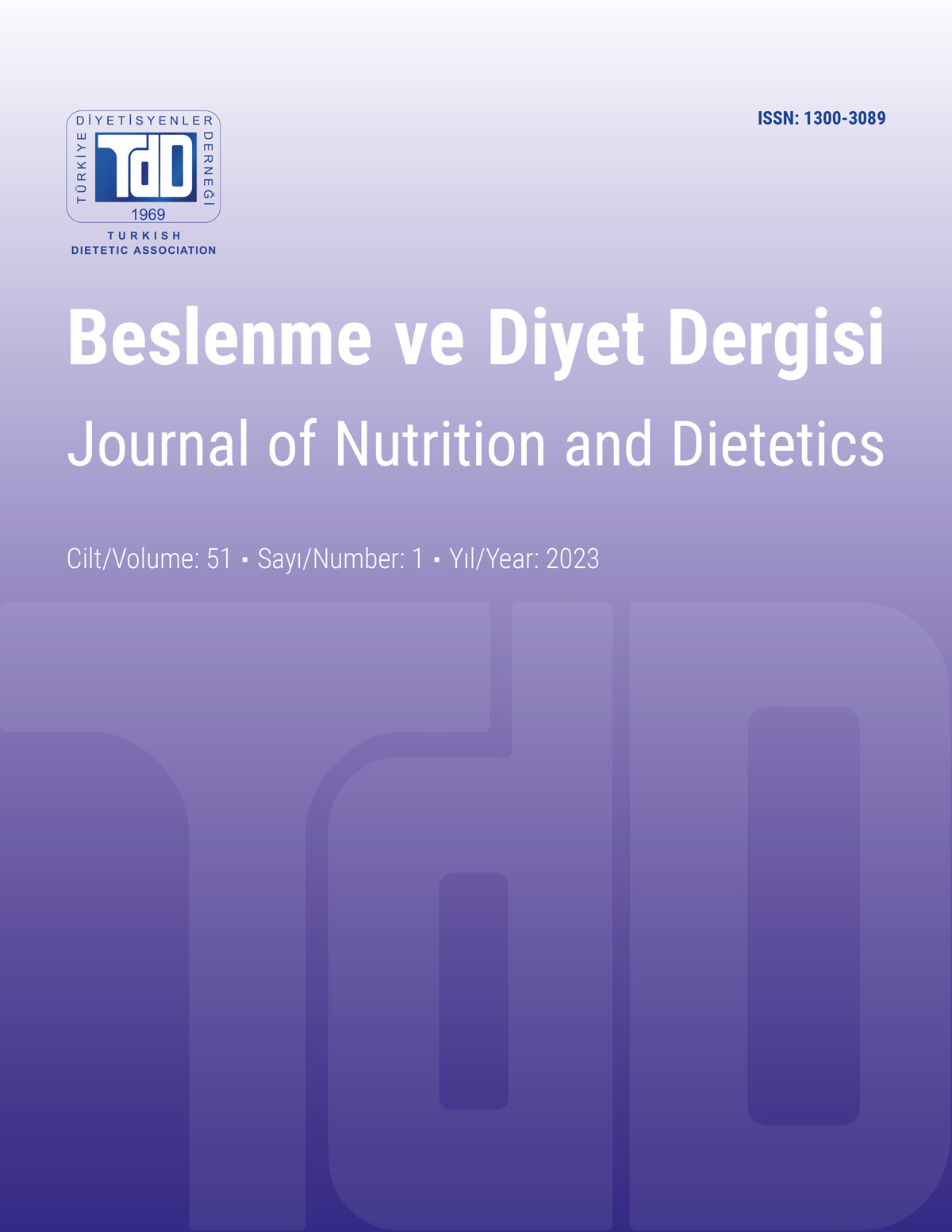Maternal Factors Affecting the Macronutrient Composition of Colostrum and Mature Breast Milk
DOI:
https://doi.org/10.33076/2023.BDD.1726Keywords:
colostrum, mature milk, breast milk, nutrients, body mass indexAbstract
Aim: This study aimed to determine the breast milk macronutrients differences in the composition of colostrum and mature milk and to examine the relationship between maternal factors.
Subjects and Method: This cross-sectional and descriptive study included 50 volunteer women who started breastfeeding on the first postpartum day. Information on demographic characteristics, type of delivery, body weight at the beginning of pregnancy and weight gain during pregnancy were obtained face-to-face with a questionnaire. Colostrum samples were taken from the mothers during the first 72 hours of their stay in the hospital after delivery, and mature milk samples were taken when the newborns came to the hospital for the first month health check. Breast milk macronutrient content was measured with a mid-infrared transmission spectrometer.
Results: The mean age is 28.21±5.61 years and 32.0% of women are working. It was determined that the energy, carbohydrate and protein values of colostrum and mature milk were similar (p>0.05), and the fat content of colostrum was higher compared to mature milk (p= 0.045). While a positive correlation (OR= 1.619, p= 0.039) was found between the protein value of colostrum and the post-pregnancy body mass index (BMI) value, maternal factors had no effect on the content of macronutrients of mature milk (p>0.05).
Conclusion: It was determined that the amount of fat in colostrum and mature milk was different, and only BMI among maternal factors affected the composition of colostrum.

